Today, I'm bringing you one of the most frequently asked questions I receive as a business coach for wedding planners. And you guessed it– it's all about pricing. I talk all the time about finding your purpose, running a sustainable business you love, and finding your dreamy ideal customers…. it never stops people from asking the one question that's burning in the back of their minds: how much should I charge? How do I set my own wedding planner pricing?
Listen, it's complex.
I can't give you a one size fits all answer. Sorry, you won't see “you should charge X amount of dollars” here. But don't worry! I'm also not going to give you some bullshit answer like charge what you're worth either.
Today, I will educate you on the different pricing structures you can use as a wedding planner and what factors to consider when setting your wedding planner pricing.
Don't worry, this isn't going to be one of those “charge what you're worth” kind of articles (in fact, I think charging what you're worth is a big lie). Instead, I'm breaking down how to set your own wedding planner pricing and answering the question: “How much do wedding planners cost”? and “How do I come up with my wedding planner pricing?”
If you scroll to the bottom, I will give you what I see as an average in the industry, but keep in mind, it varies. And I truly believe that the sky is the limit for you.
First, let's talk about the factors that go into setting your price as a profitable wedding planner. As I mentioned earlier, “what you are worth” doesn't make the list. So when it comes to creating your packages and deciding what to charge, here's what you should look at instead:
How much do you want to make in a year?
That's right. We're starting with your goals because I believe that you can run your business however you want. You deserve the kind of money you want to make. So first, look at how much you really want to make per year to live the kind of life you would love to live.
Second, how much does it cost to actually make that money?
For you to make that money, we'll have to spend some money too. Between marketing expenses, overhead costs, employees, insurance, education–and even inventory. How much do you have to spend on your business to make the money you want?
List out your expenses… every line!
Now add those two numbers together
Congratulations! You just found your sales goal. When you add the money you want to make as a wedding planner to the total amount you need to spend to make that money… you get the total number of sales you need in a year.
I bet that number is big and scary, am I right? Now it's time to break it down into smaller chunks and determine your price.

How many weddings can your business handle in a year?
We haven't even talked about the actual work yet. After you realize how much money you want to make, think about how many weddings you (and possibly your team) can realistically take on every single year and still provide the level of service that you want to be known for.
What services do you want to offer?
Let me be the first to tell you that 99% of what you read in Facebook groups is a lie. Let go of any assumptions you have about what types of services make the most money. There are many wedding planners who are running profitable, ease-filled businesses offering only day of coordination. On the other hand, there are full-service wedding planners who spend 400 to 500 hours planning each and every wedding completely custom to their couple… and their price reflects their work. More than that, there are wedding planners working tirelessly, offering all of the things for what amounts to little more than minimum wage.
Instead of pricing your wedding planning services on what you see everyone else doing, focus on the services you want to offer. Don't be afraid to get creative!
You don't need to limit yourself to wedding planning, wedding design, and wedding coordination. You can also consider selling digital products (an ebook? or a course?) and upselling design services. Make a list of all of the dream services you might want to offer that could contribute to you making the kind of money that you want.
What is the (total) budget of your ideal clients for their wedding?
I recommend approaching this from a total wedding budget, not just what they believe a wedding planner should cost. What is their total, soup to nuts, all-in budget for your ideal clients' weddings?
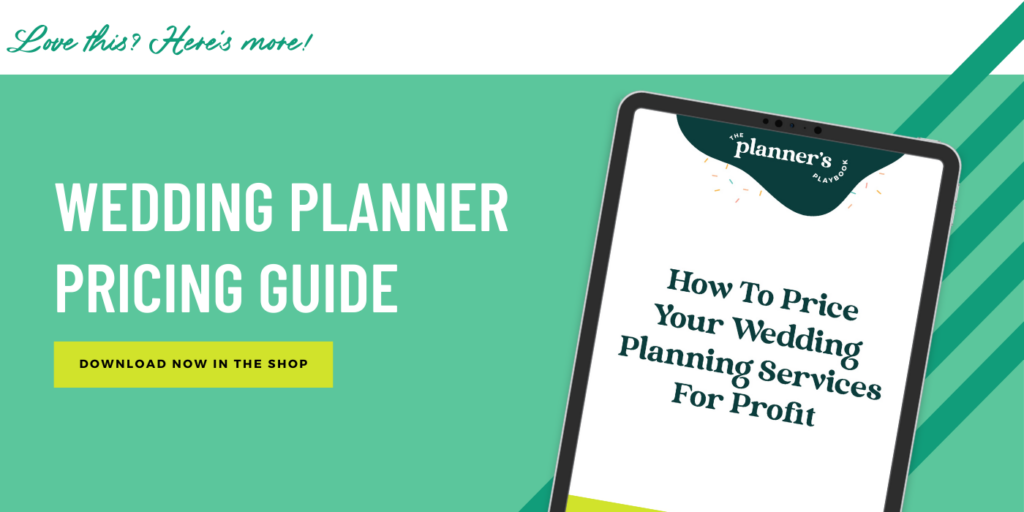
How much can your ideal client afford to spend on a wedding planner?
You know I always like to keep it straight with you. If your customers are coming to you with a $50,000 wedding budget and you're charging $20,000–it's unfair to you and the customer to take their money. Even if they do want to hire you.
You want to work with customers where they feel good about paying you (and you feel good about your work). That doesn't mean it can't be a little bit of a stretch or that you need to lower your pricing to make them feel comfortable.
Ultimately, as wedding planners, we need to educate the average consumer and make sure we are only working with customers we know that we can help. For that to happen, your customer needs to have a healthy enough budget to get everything on their wishlist (or at least a majority!) and still afford to hire you.
Now that I've started getting you to brainstorm the questions you need to be asking yourself in order to set your pricing, I want to go over the three different pricing philosophies that I see most common for wedding planners today.

1) Charging a Flat Fee
This is the simplest and most common pricing structure used today. In simple terms, charging a flat fee is charging X dollars for an X set of deliverables (i.e. $10,000 for full-service planning).
The main benefit of this pricing structure for your wedding planning business is the fixed cost. Your customers will appreciate knowing exactly what they can expect to pay you. More importantly, because it's commonly seen in the wedding industry, your clients are comfortable with this price structure. That doesn't mean it needs to be what you choose, though.
The biggest disadvantage for wedding planners charging a flat fee is limited earning potential.
As an experienced wedding planner knows, scope creep is real.
For example, let's say there is a wedding that you quoted a flat fee of X amount of dollars. It started with a 150-person guest list and a budget of $100,000. What happens when it quickly becomes a multi-six-figure event with over 250 guests?
With a flat fee, will you be compensated for the extra work, time, and staffing?
2) Charging an Hourly Rate
In my experience, charging an hourly rate works best for partial planning clients. In my mastermind, WeddingPro Insiders, I've seen wedding planners add serious cash to their bottom line by offering the option for wedding coordination clients to add packages of 10, 20, or 40 hours of partial planning services.
For full-service wedding planners, charging an hourly rate gets complicated. On one hand, your customers will appreciate paying for exactly what they need and nothing more. You will also appreciate being fairly compensated for your time. We have all had those weddings that take so many more hours than we anticipated, right?
With those benefits in mind, there are a few disadvantages to charging an hourly rate. First, difficult customers might have you justifying every hour you add to their invoice. You don't want to – and shouldn't need to – justify your worth at every step of the planning process. Additionally, they might make too many decisions on their own to save on your cost, only to pay you hourly to fix the mess they made.
3) Charging Percentage Pricing as a Wedding Planner
This is one of my favorite ways for full-service wedding planners to charge. Partly because I feel it's the fairest and partly because it's the most profitable. Here's what percentage pricing boils down to: you take a percentage of the client's overall wedding budget, almost as a “management fee.” Depending on your location, I've seen this percentage range between 10-18% of the wedding budget.
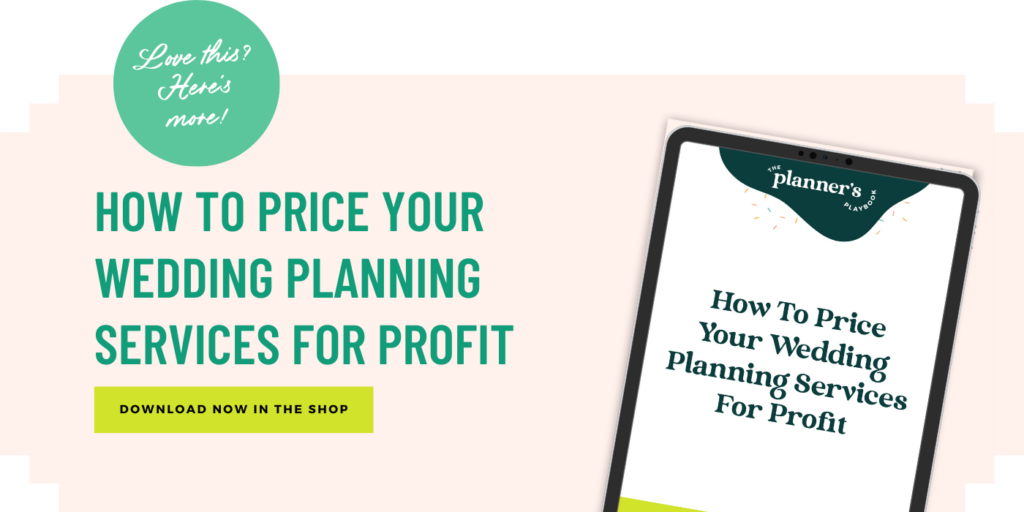
Although it might take a bit more education to explain to your clients why you charge a percentage of their wedding budget. However, when you break down the work that you do to coordinate everything, it starts to make sense.
Have you ever shown up to a wedding and realized the band that showed up late, didn't read the timeline and is asking when they get to be fed… is getting paid twice as much as you are?
I have.
And it sucks.
Charging using a percentage model ensures that you're getting paid a percentage of each vendor that you manage. This pricing model is the fairest way to be paid.
The more vendors you manage, the more you get paid.
The more the client spends on their wedding, the more you get paid.
If you choose to charge a percentage of the overall budget, heed my advice and set firm boundaries. For example, most planners exclude the bride's wedding dress budget or honeymoon expenses. On top of that, watch out for couples who might want to hire some vendors on their own in order to save your fee. Don't let that be an option for them. Firm boundaries will be your friend here.
Should you charge a flat fee, an hourly rate, or use a percentage model to create your wedding planner pricing model?
In my experience, percentage pricing always wins! But most can charge a sliding scale flat fee if percentage pricing makes you squirm. I know the idea can take some getting used to!
Percentage pricing isn't ideal if your clients have smaller budgets. Do you really want to take 10% of a $50,000 budget? If you choose percentage pricing, make sure your client has a minimum overall budget to ensure you're compensated at the bare minimum.
Next, let's talk about what the average cost of a wedding planner is in 2024-2025.
First, you don't need to charge these prices just because that's what other people are doing. That's NOT how I suggest you set your pricing! Remember, we talked about what to consider at the beginning of this post?
Nevertheless, I promised you averages, and here they are!
- The Average Cost for Month Of/Day of Coordination: $1,500-$3,500
- Partial Planning Ranges From: $4,000 – $10,000
- The Average Cost for a Full Service Wedding Planner: $6,000 – $200,000+.
Looking at these averages, I want to add a disclaimer: what you charge (for now) should depend on your experience.
As you work with more clients, your price SHOULD increase to reflect your experience. I've mentioned it a few times here, but it will also depend on your ideal client's budget.
The last thing to consider is your location. I'm a firm believer that you can charge whatever you want regardless of your location. But I would be remiss not to acknowledge that certain locations are going to have an easier time charging six-figure prices.
For instance, a wedding planner's fee in L.A. is probably going to be more expensive than in Charlottesville, Virginia. Your geographical location *absolutely* plays a role in how high your fee can go.
Setting your prices as a wedding planner in 2024-2025.
I hope this has left you confident and excited to get some new pricing structures in place for your wedding planning business. We talked about the factors you should consider when setting your pricing. Remember, your worth isn't one of them! We also discussed the different pricing structures you can use as a wedding planner to earn the kind of money you want.
Now, I would love to hear from you. What questions do you have regarding how much you should charge? Did this make it a little bit easier for you to wrap your head around the potential? I am always hanging out on Instagram so make sure to send me a DM and we can chat about this further.
Want my help scaling your wedding planning business? Well, you should probably join us inside The Planner's Playbook.
The Planner's Playbook is my coaching community *exclusively* for wedding planners who want to start planning high-end weddings like a pro. Inside, you'll learn how to design, coordinate, and plan magazine-worthy weddings from start to finish. The doors are closing soon, so be sure to sign-up now!
Here's a quick recap on how to come up with wedding planner pricing:
How to come up with your pricing as a wedding planner:
- Figure out how much you want to make a year.
You deserve the kind of money you want to make. So first, take a look at how much you really want to be making per year to live the kind of life you would love to live.
- Calculate how much money you need to spend in order to make the money you want
How much is it going to cost you in expenses to bring in the amount of revenue you want?
- Add those two numbers together – and that's your sales goal
Your desired earnings + expenses = your yearly sales goal.
- How many weddings can your business handle a year?
After you realize how much money you want to make, think about how many weddings you (and possibly your team) can realistically take on every single year and still provide the level of service that you want to be known for.
- What services do you want to offer?
Get your various services down so you can start to break them out into price points.
- What is the (total) budget of your ideal clients for their wedding?
Get a baseline number of your ICA's total wedding budget… so we can see how much they'll have to spend on a wedding planner.
- How much can your ideal client afford to spend on a wedding planner?
Once you know your ICA's all-in wedding budget, where do your fees fit in?
- Pick between the pricing models – or create a hybrid that works for you
Will you offer a percentage, flat fee, or hourly pricing?
Explore More Wedding Industry Resources
- How to Start a Wedding Planning Business
- Why Adding TOO Much To Your Wedding Planning Packages is a BAD Thing
- Pricing Mistakes You Can’t Afford To Make In Your Business As A Wedding Pro
- Creating a Wedding Budget Template for Planners
- 6 Ways Wedding Planners Leave Money on the Table
- 5 Ways to Make More Money As A Wedding Planner
- How To Prepare For Your First Wedding As A Wedding Planner
- The Ultimate Wedding Planner Templates in 2024
- Why Honeybook Is The Best CRM for Wedding Planners
- How Much Does It Cost to Become a Wedding Planner?
- Wedding Planners – Should You List Your Wedding Planner Pricing Packages On Your Website?
- Day of Coordination: The Pros and Cons as a Wedding Planner
- How To Sell Your Wedding Planning Services: The 7 Stages Of The Sales Cycle
- 5 Contracts Every Wedding Planner Must Have To Be Legally Set
- How To Get Wedding Clients When You’re Just Starting Out
- Are Your Wedding Industry Sales Down? Here’s How To Figure Out What’s Wrong
- 9 Mistakes to Avoid When Starting Your Wedding Planning Business
- 6 Reasons Why I Recommend Asana for Wedding Planners
- The Best Wedding Planner Onboarding Workflow: 5 Things You Need
- How to Book Destination Weddings And Elopements In Your Wedding Business
- Why You’re Not Attracting The Right Clients and How to Fix It
- How To Become A Wedding Planner With No Experience
- Are You a Disorganized Wedding Planner? Let’s Fix That With These Organized Wedding Planner Tips!
- How To Find Your Niche In The Wedding Industry: 5 Steps For Niching Down
For More Wedding Planner Business Secrets Follow Me On Instagram
A weeks worth of #ootdstyle ✨ I think day 4 is definitely my fav. 😉 Which outfit did you like the most?
I really enjoyed sharing these this week in my stories and want to keep doing it! My question is - do you like this kinda content?! I have an idea I’ve been marinating on that I’m not 💯 sure of just yet… 😉
Happy Sunday!
#ootdroundup #ootdwatch #ootd #ootdshare #ootdinspiration #wfhfashion #wfhoutfit #candicecoppola

Cheers to Fridays, Aperol Spritzes, new friends and summer vibes ✨
just a reminder that I have 4 amazing episodes waiting for you on my podcast all about email marketing, so you can get back to having fun on Instagram ✨🫶🏼
Imagine if you didn’t stress out so much about your marketing because you diversified your sales funnel with more sustainable strategies like email marketing?
maybe you could just enjoy social media a little more and stress about it a little less.
Xo!
#aperolspritz🍹 #fridayintroductions #summervibes #flodesk #candicecoppola #weddingindustry #weddingindustryexperts #weddingpros #weddingprofessionals

Selling is usually hard for everyone. We feel “icky” when we sell, and many of us don’t want to feel pushy or like we are bothering other people with our services/offers. But selling is important. Like, really freaking important. lol
This week, I’m teaching you a selling model that I created for my marketing. Yes, even I struggle (sometimes daily) with selling. It’s the Serve, Serve, Sell Formula, and it will help you tremendously, especially when it comes to email marketing!
📣 COMMENT 137 and I’ll send you a Spotify and Apple Podcasts link to this episode so you can hear more about my sales formula and binge all 4 episodes that are currently live! 🙌🏼
#emailmarketing #emailmarketingtips #weddingindustry #weddingpro #weddingpros #thepowerinpurposepodcast #powerinpurposepodcast #candicecoppola #weddingindustryeducation #weddingindustryexperts #weddingpodcast #businesspodcast #marketingstrategies #flodesk

The best thing I’ve ever bought is a plane ticket to Barbados. Cheers to 10 years of marriage with you ✨✨
10 years ago today we snuck off (sorry friends and fam!) to get married at a small little church on the beach. It felt like I was doing something crazy - we had only been dating for 10 months - but my nerves were quieted by an inner sense of knowing that this was right.
When you know you know. ❤️
I’m so lucky to have a partner where everyday feels like our anniversary. Thank you for giving me a life better than I could have ever imagined, and for being my person. #kistoos #kistoos💞 #10yearanniversary

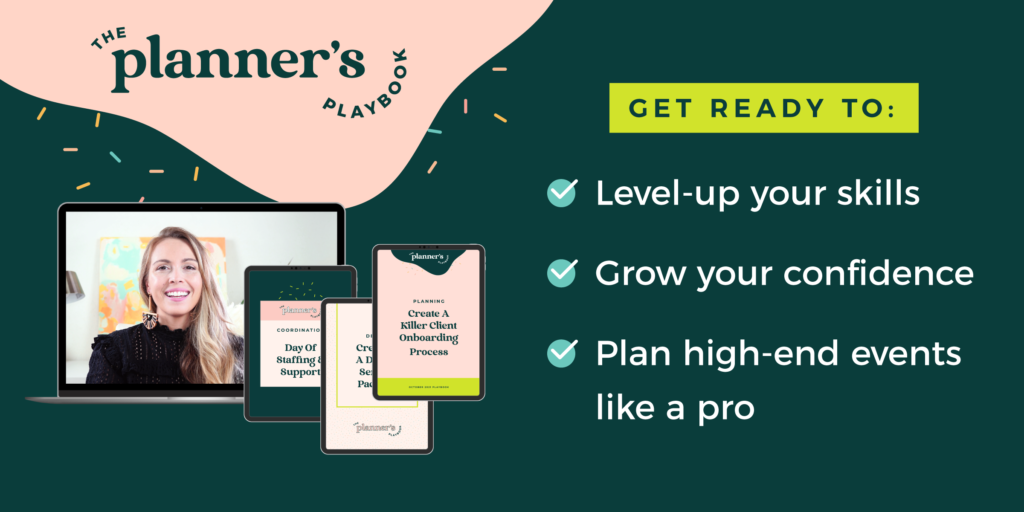


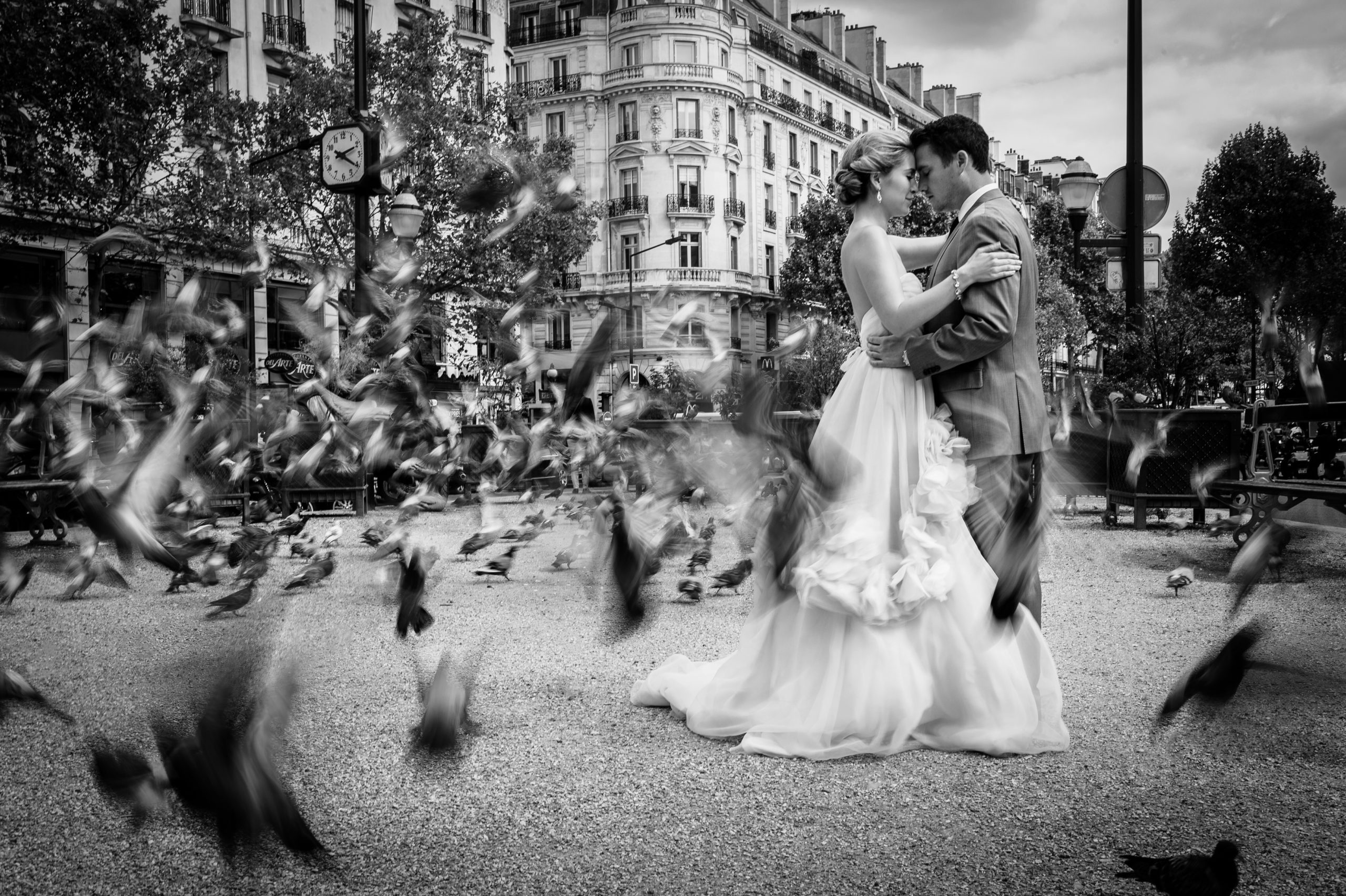





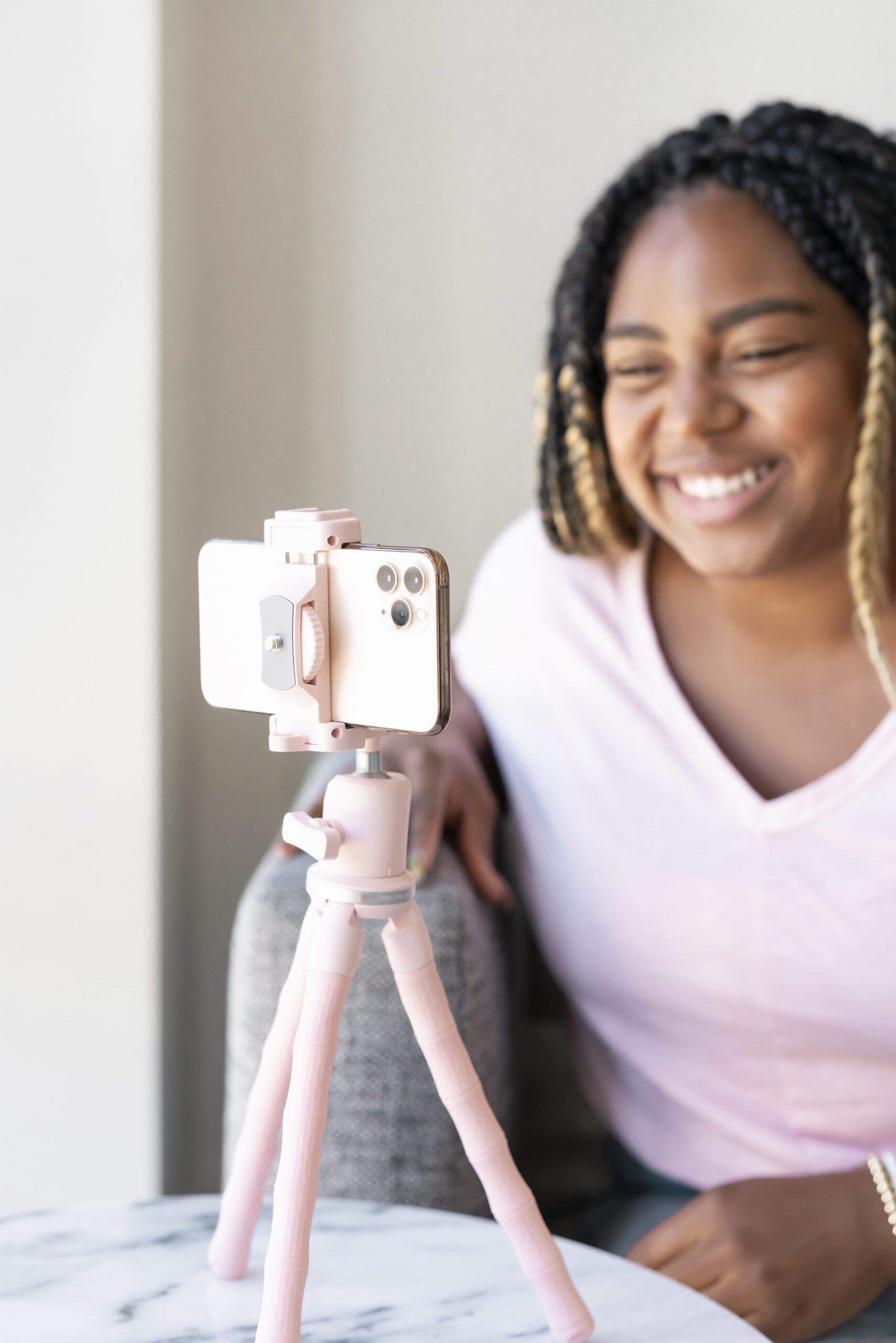
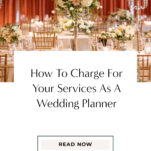
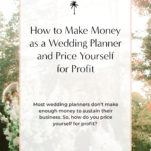
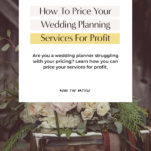
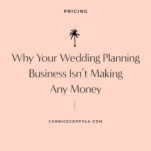
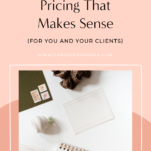
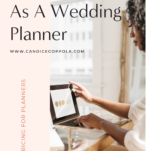
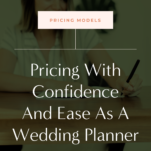


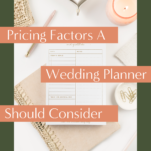
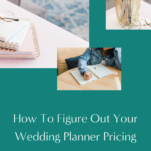
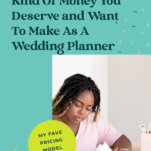
+ show Comments
- Hide Comments
add a comment